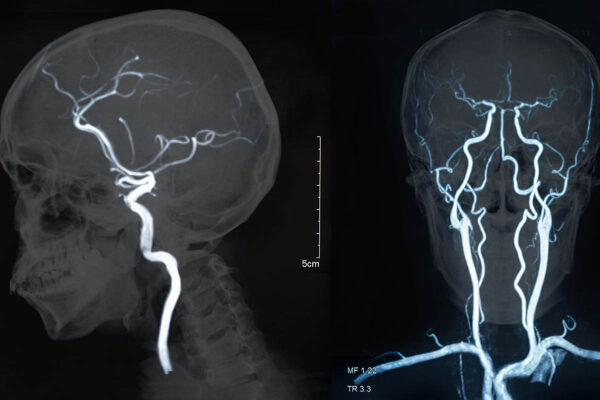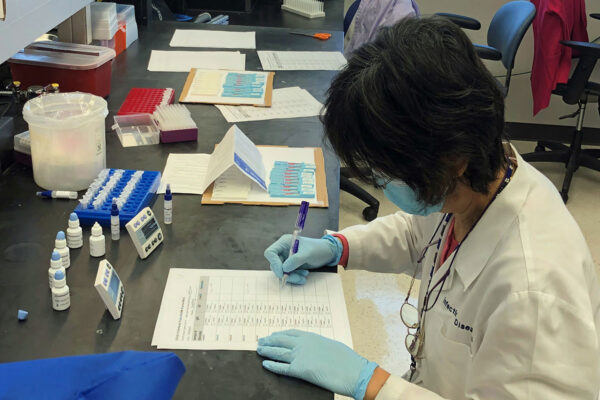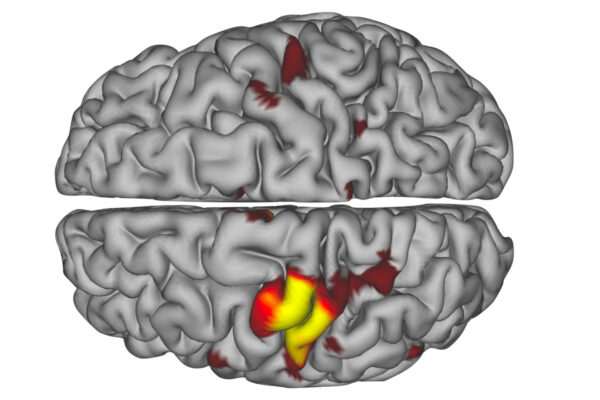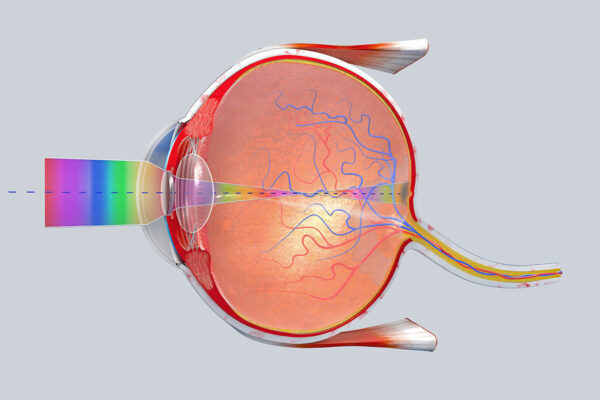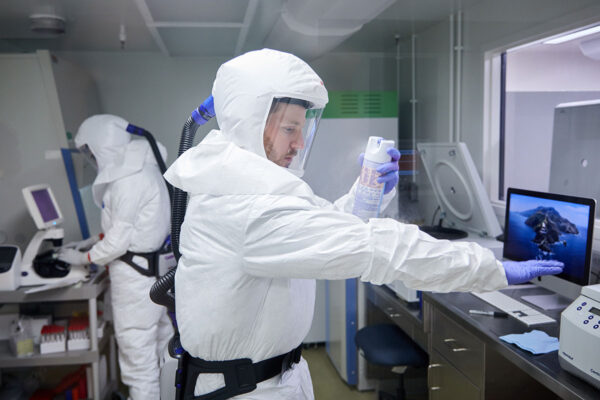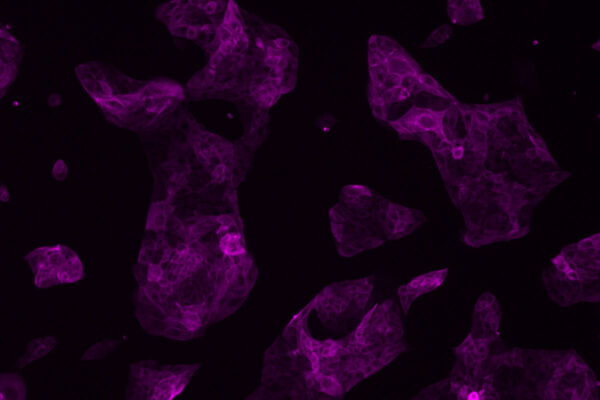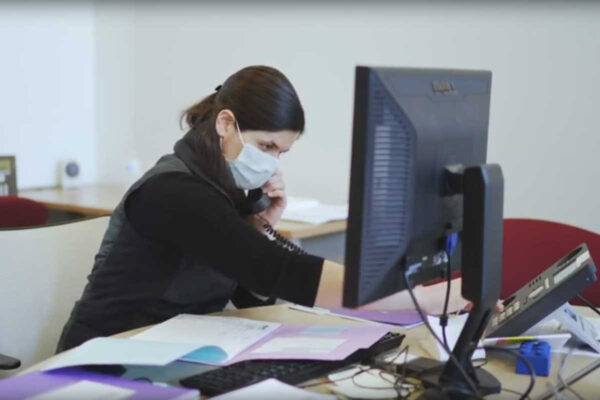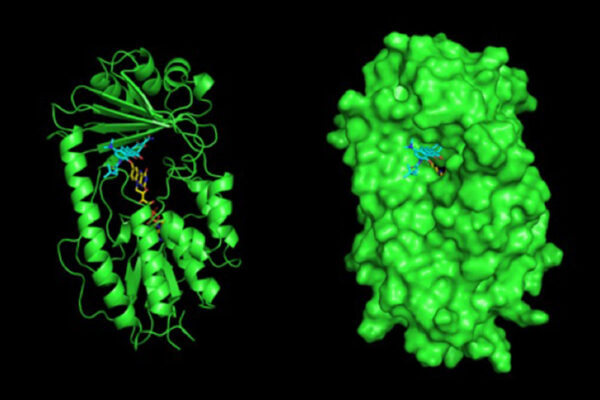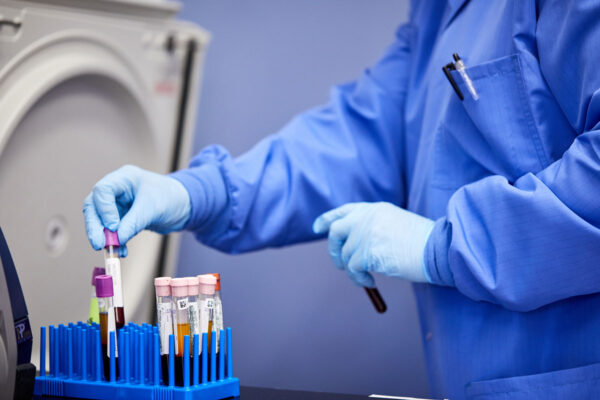Stroke survival rates worse in rural areas, study says
An interruption in blood flow to the brain causes a stroke. A new study from Washington University School of Medicine in St. Louis reveals that stroke care in rural areas lags significantly behind that available in urban centers.
COVID-19 antibody tests evaluated as diagnostic test in low-resource settings
Faculty at the Washington University School of Medicine have joined an international effort led by the Foundation for Innovative New Diagnostics and the World Health Organization (WHO) to evaluate COVID-19 antibody tests for use as diagnostics in places with limited resources.
Previously undetected brain pulses may help circuits survive disuse, injury
A neuroscientist’s arm cast led him and fellow School of Medicine researchers to find previously undetected neuronal pulses in the human brain that activate after an immobilizing illness or injury. The pulses appeared on MRI scans used to measure brain activity.
Scientists map how human retinal cells relay information to brain
Researchers at Washington University School of Medicine report that specific types of retinal cells that carry the vast majority of visual signals from the human retina to the brain efficiently process and compress that information so it can be transferred. The study may advance our understanding of eye diseases involving the retina.
COVID-19 mouse model will speed search for drugs, vaccines
Scientists at the Washington University School of Medicine have developed a mouse model of COVID-19 that is expected to speed up the search for drugs and vaccines for the potentially deadly disease.
Scientists generate early stem cells that form human placenta
Scientists at Washington University School of Medicine have developed a way to guide human stem cells into becoming important precursor cells that give rise to the placenta. These stem cells could help scientists understand miscarriage or preeclampsia.
Medical students assist health departments in tracking COVID-19
More than 100 School of Medicine students have been volunteering to help local health departments perform case investigations and contact tracing, essential public health strategies to contain the spread of the novel coronavirus.
$3.7 million aimed at studying effect of manganese exposure on cognitive skills
Researchers at Washington University School of Medicine in St. Louis have received a $3.7 million grant to investigate the link between manganese and cognitive problems by studying welders whose work exposes them to the metal.
Antibiotic-destroying genes widespread in bacteria in soil and on people
Researchers at Washington University in St. Louis and the National Institutes of Health (NIH) have found that genes that confer the power to destroy tetracyclines are widespread in bacteria that live in the soil and on people.
Experts urge caution in interpreting COVID-19 antibody tests
Blood tests for antibodies against the COVID-19 virus are becoming more available, but no test is perfectly reliable, so results must be carefully interpreted, Washington University School of Medicine experts say.
View More Stories
